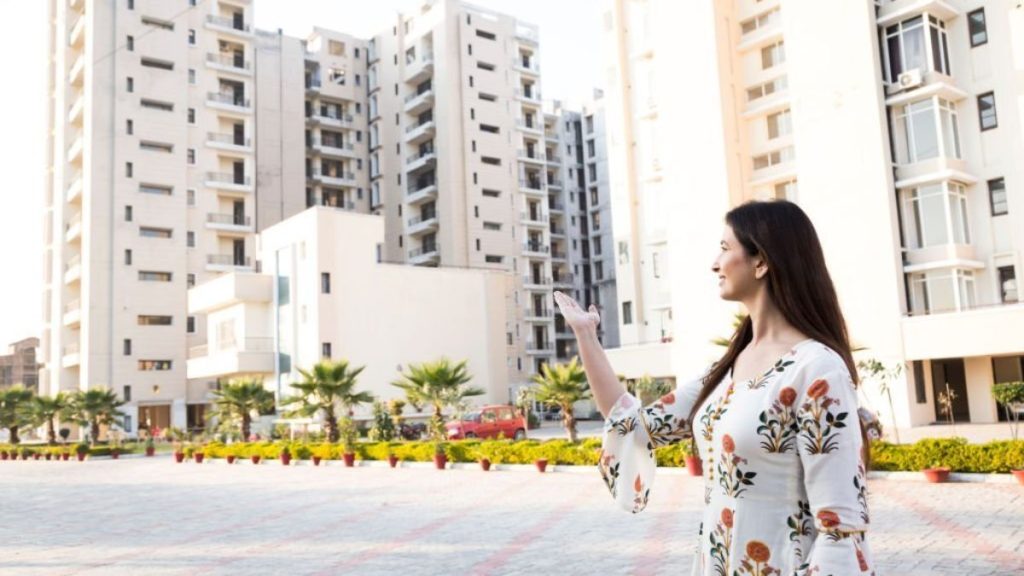An apartment association is also known as “apartment owners association” or even RWA (resident welfare association). Almost every apartment complex, society, or gated community has a functional apartment association these days. It has a core team that is elected every year. This team works together to take care of various issues pertaining to the welfare of the residents living in the housing society.
An apartment association is a voluntary organization. The members of the association are either the owners of the apartments within the complex or people living within the complex. The association provides services such as the maintenance of amenities, maintaining security arrangements, and in many cases, even enforcing regulations agreed upon by the members (chosen by the residents).
For example, whether the residents can walk their pets in the shared area and if yes, how is the area to be kept clean, is often decided by the association members. If an apartment owner needs to make some structural changes inside or outside of their apartment, they need to obtain clearance from the association. Cleaning, fogging, upgrading amenities, repair work, taking care of plants and trees within the boundary, paying the maintenance staff, organizing functions and other public ceremonies (for example Diwali Mela or Independence Day Celebrations), allocated parking spaces, all fall under the ambit of the association.
Why do people agree to the diktats of an association? When different groups of residents contest elections to become the designated association, they present their agenda to the residents. By electing that particular group by default the residents agree that they will also abide by the rules of the association.
To validate the powers of an association and to be able to take care of society on behalf of its residents (some associations handle massive amounts of cash), the apartment association must be registered.
Why must an apartment association be registered?
In theory, an apartment association is a voluntary organization. It is responsible for maintaining the premises and the interests of the residents. It also enforces societal regulations. In case there is a legal problem with the construction of the complex, the association takes it up.
The apartment association also handles funds collected from the residents. It is a monthly fee and is often termed as “maintenance charge”. All the expenses are meted out from this fund including the maintenance staff, security, facilities, and cultural activity.
For accountability, transparency, and to represent the interests of the larger community, the apartment association must be formed under the Societies Registration Act – 1960 and Apartment Association Act. When the association is registered it can act as an arbitrator for resolutions on behalf of the community living in the complex or the building. The National Consumer Disputes Redressal Commission says that only registered apartment associations can take up causes if there is a construction dispute.
A registered association can take suitable action against residents who violate the rules of society. If one of the residents is indulging in commercial activities that disturb the peace and harmony of the neighbourhood, the association can act. If there is a late-night party going on and is becoming a nuisance for the neighbourhood, the association can intervene. In case there is a parking space dispute, the association can act as an intermediary. The association can also charge interest or a penalty in case one of the residents causes damage to the public area or fails to pay the maintenance fee. All these abilities make it mandatory for an apartment association to be registered.
Finding out if your apartment association is registered
You can visit the designated office of your apartment association (it should be located within the housing society or the building complex) and enquire if your association is registered. In most cases, the office should be able to provide you the necessary information.
Every state has its own Registrar of Societies website. You can log onto the appropriate website in your region and enter the name of your society. This should bring up the apartment association registration number. If this information is not available online, you may need to visit the local registrar’s office and find the details of your association.
In most of the cases, the letter of the association has “Registered” printed at the top and unless there is a reason for doubt, this should suffice.
Conclusion
Every apartment association has a proposal letter addressed to the Registrar of Societies, signed by its all-executive committee members, and this letter can be obtained by request. The association has a general body and a managing committee consisting of a president, a vice president, a secretary, a treasurer, and a set number of members. It has a memorandum signed by the members and witnessed by a gazetted officer, a notary public, an oath commissioner, or a magistrate first class with the official stamp and address. These pieces of information are normally sufficient to prove that your apartment association is registered.
